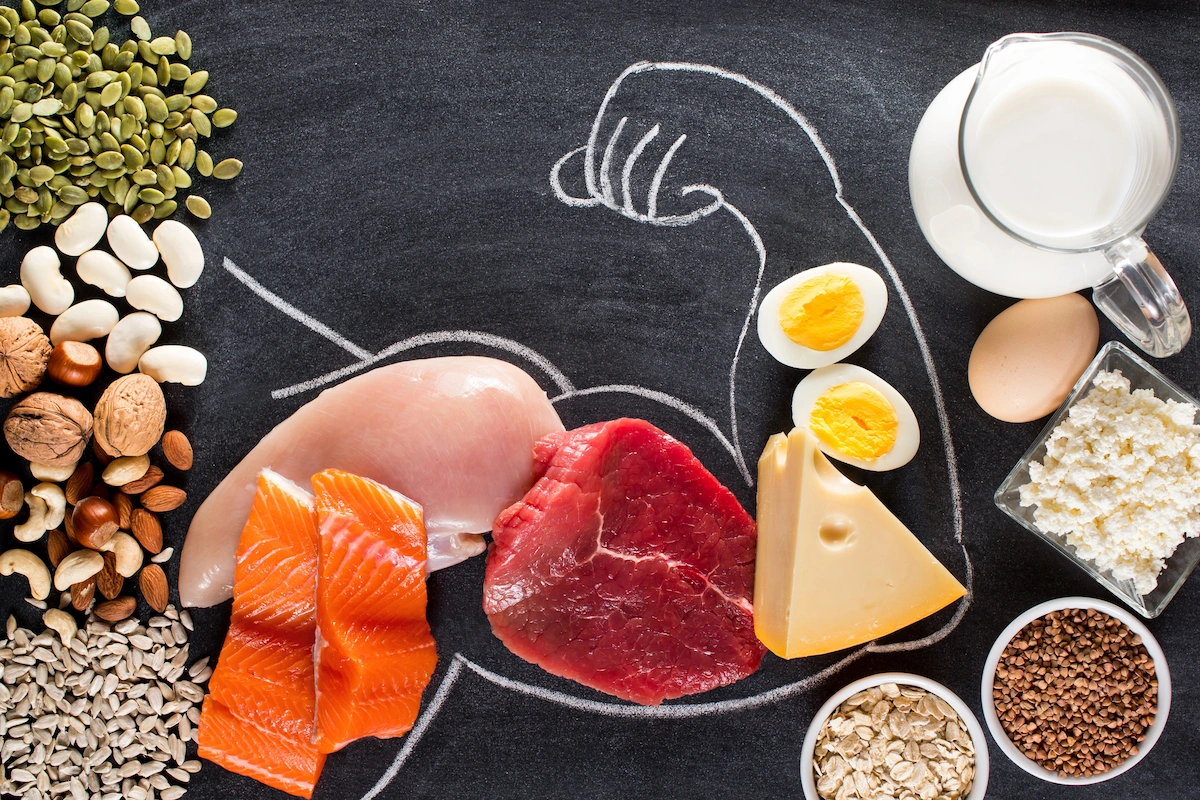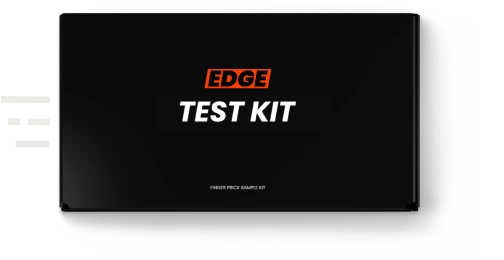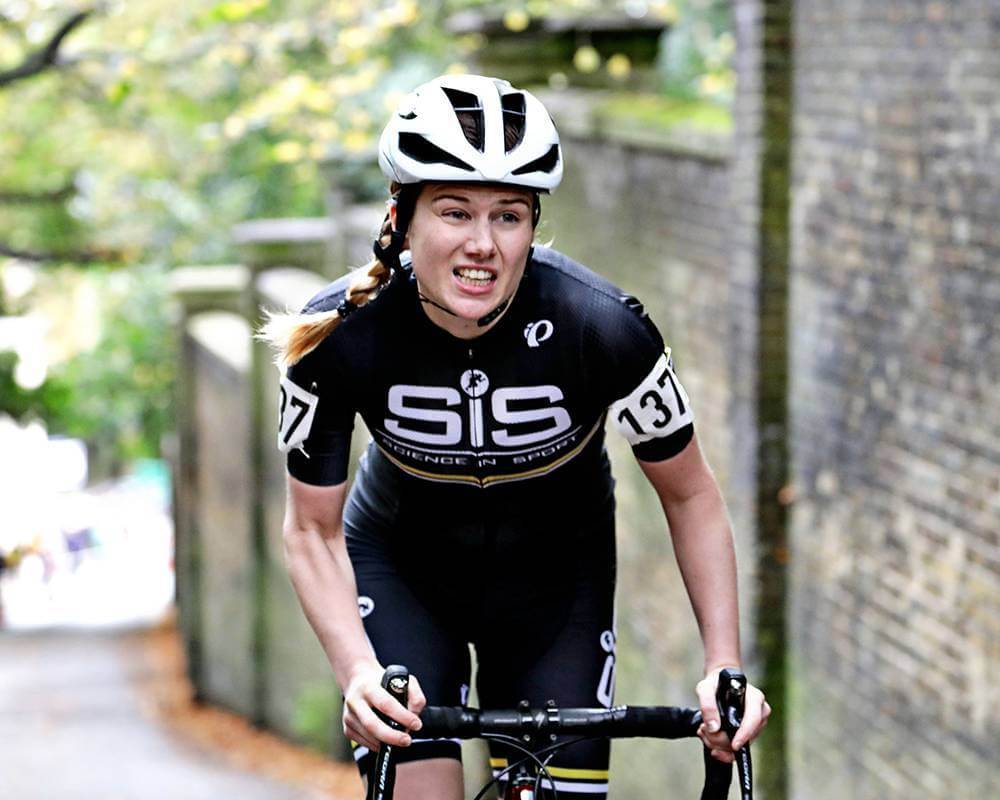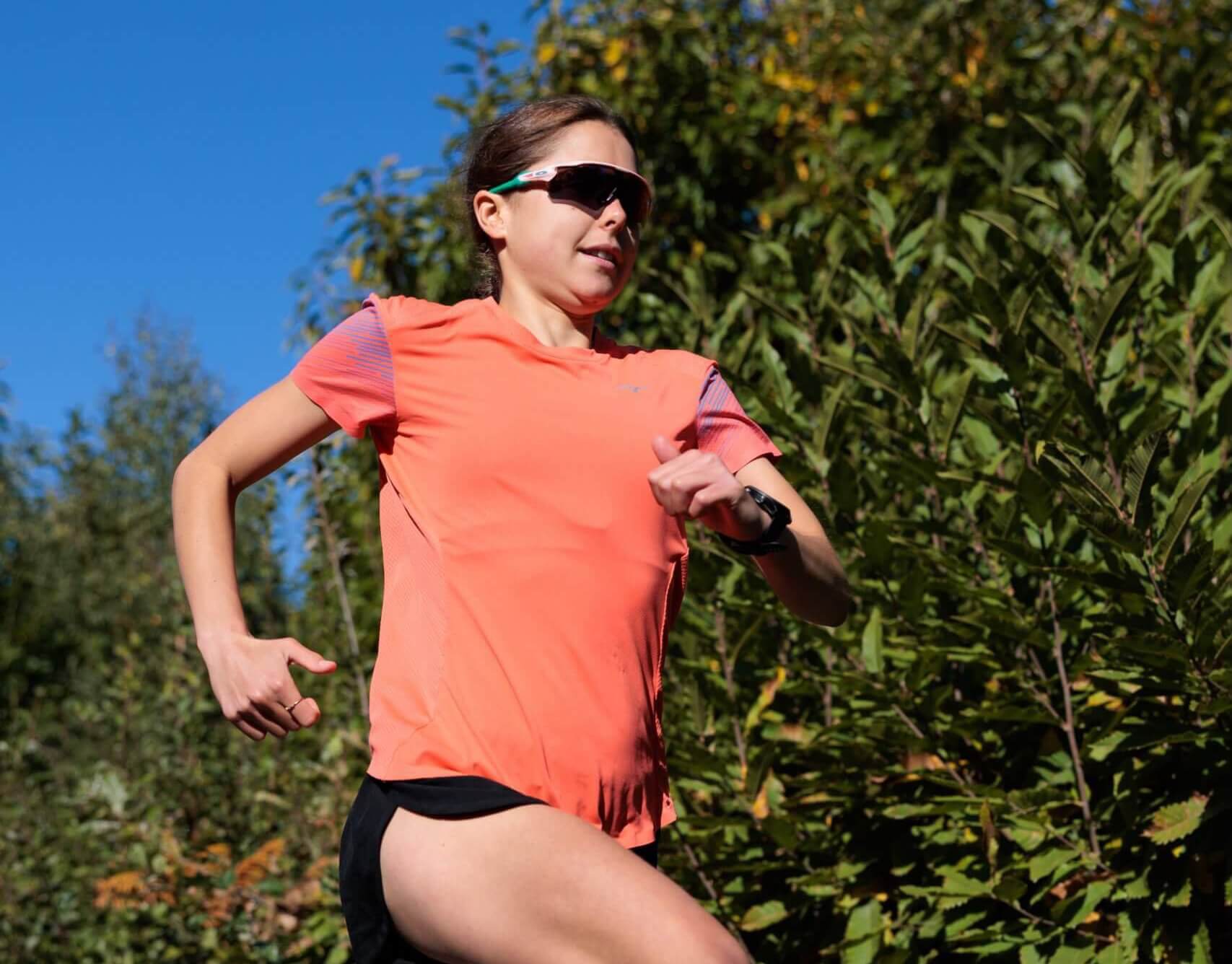
Nutrition
How does sports nutrition impact performance?
1 min read
Of all the sport science disciplines, performance nutrition has the most profound effects on athletic performance[1]. Quite simply, what you put into your body before, during and after exercise will not only determine how well you will perform that day but also how you will adapt to the exercise in the long-term. We can perhaps think of exercise and nutrition as the perfect marriage with exercise providing the signal for change and nutrition providing the materials required to support such adaptations signalled by the exercise.
When it comes to sports nutrition, it is important to start by considering 3 main objectives:
Ensure that the total energy intake (food and drink consumed) is sufficient to meet the energy demands of your given sport
Whilst this may sound simple, emerging science is suggesting that many athletes, in an attempt to obtain a lean physique, often risk under fuelling resulting in impaired performance and health.
This under-fuelling of exercise has been termed Relative Energy Deficiency in Sport (REDs)[2].
Signs of REDs include extreme fatigue during exercise, delayed recovery and increased risk to illness (coughs and colds) and in some cases increased risk of bone fractures.
It is crucial that when exercising we consume sufficient fuel to meet the increased demands of exercise and if in doubt it is wise to seek qualified advice.
Remember, leaner is not always better.
Ensure that the correct macronutrients (carbohydrates, proteins and fats) are eaten at the correct times and in the correct amounts
The different types of foods we eat play very different roles in the body when it comes to athletic performance.
Carbohydrates and fats and the main energy fuels whereas protein is the main nutrient needed for growth and repair of body tissue[3][4].
Over recent years, carbohydrates have been somewhat demonised whereas, in reality, they are still the primary fuel for high-intensity exercise. Indeed, the day before any major sporting event, whether that be a premier league football game, or a marathon, the primary dietary focus of the athlete will be to increase their carbohydrate stores[5].
Athletes have become very skilled at periodising their carbohydrate intake and this is good advice for the general population as well[6].
On days when they have lots of activity, carbohydrates are eaten readily whereas on lower intensity and rest days carbohydrate intake is somewhat reduced. Good sources of carbohydrate include rice, pasta, potatoes and fruits.
Lack of carbohydrate intake has repeatedly been demonstrated to reduce performance in many sporting events and indeed is the primary nutritional reason for premature fatigue.
Protein is the main fuel for growth and repair and therefore, unlike carbohydrates, protein-based foods are not periodised based on training demands but consumed regularly throughout the day[7].
Typically, athletes would aim to eat protein in relation to their body weight on a daily basis with a typical intake being your body weight in kg x 1.5 = protein in g per day (e.g. 80kg athlete eats 120g protein per day). It is also important to stress with protein that your total daily intake should be spread evenly throughout the day[8].
A common mistake by athletes is to back load their day with protein (e.g. lots at dinner but little at breakfast) which we now know is not ideal for growing and repairing muscle tissue. Great sources of protein include meats, fish, eggs, dairy and beans.
Ensure that we have no dietary deficiencies
Whilst macronutrients have historically been the primary consideration when it comes to sport nutrition, we are now aware that deficiencies in many micronutrients can have major detrimental effects on health and performance.
As a consequence, many athletes now perform routine blood tests to assess for such deficiencies. For example, it is not uncommon for athletes to be deficient in vitamin D, especially in the winter months[9]. Moreover, in recent years we have become aware of the potential for iron deficiencies in both female and male athletes with research suggesting that around 15% of athletes tested may be deficient in iron[10].
Whilst boosting iron (and most micronutrients for that matter) above normal physiological levels will not improve performance, deficiencies will certainly impair them and it is crucial that these issues are identified and corrected as soon as possible.
In sport nutrition we focus on a ‘food first’ approach. This means where practically possible all dietary requirements are met through whole foods, however, in recent years this position has been clarified to ‘food first but not food only’ and supplements are now considered to correct deficiencies where needed[11].
It is therefore not uncommon to see athletes use supplements such as vitamin D to correct deficiencies, especially in the winter months, and where iron deficiencies have been identified.
Whilst sports nutrition can be much more complicated than this, in reality, if we get the basics right we can have profound effects on our health and performance. Focus on eating enough high-quality food, the right kind of foods and have these at the right time. On top of this, avoid major deficiencies and you will see marked improvements in your performance and health.
Blood test for
Runners
Male & Female Tests
sports doctor review
Results in 2 working days
Flexible subscription
-
Close, G.L., et al., New strategies in sport nutrition to increase exercise performance. Free Radic Biol Med, 2016. 98: p. 144-158.
-
Ackerman, K.E., et al., #REDS (Relative Energy Deficiency in Sport): time for a revolution in sports culture and systems to improve athlete health and performance. Br J Sports Med, 2020.
-
Burke, L.M., Re-Examining High-Fat Diets for Sports Performance: Did We Call the 'Nail in the Coffin' Too Soon? Sports Med, 2015. 45 Suppl 1(Suppl 1): p. S33-49.
-
Burke, L.M., et al., International Association of Athletics Federations Consensus Statement 2019: Nutrition for Athletics. Int J Sport Nutr Exerc Metab, 2019. 29(2): p. 73-84.
-
Bradley, W.J., et al., Muscle glycogen utilisation during Rugby match play: Effects of pre-game carbohydrate. J Sci Med Sport, 2016. 19(12): p. 1033-1038.
-
Impey, S.G., et al., Fuel for the Work Required: A Theoretical Framework for Carbohydrate Periodization and the Glycogen Threshold Hypothesis. Sports Med, 2018. 48(5): p. 1031-1048.
-
Phillips, S.M., The science of muscle hypertrophy: making dietary protein count. Proc Nutr Soc, 2011. 70(1): p. 100-3.
-
Areta, J.L., et al., Timing and distribution of protein ingestion during prolonged recovery from resistance exercise alters myofibrillar protein synthesis. J Physiol, 2013. 591(9): p. 2319-31.
-
Close, G.L., et al., Assessment of vitamin D concentration in non-supplemented professional athletes and healthy adults during the winter months in the UK: implications for skeletal muscle function. J Sports Sci, 2013. 31(4): p. 344-53.
-
Peeling, P. and A. McKay, Iron regulation and absorption in athletes: contemporary thinking and recommendations. Curr Opin Clin Nutr Metab Care, 2023. 26(6): p. 551-556.
-
Close, G.L., et al., "Food First but Not Always Food Only": Recommendations for Using Dietary Supplements in Sport. Int J Sport Nutr Exerc Metab, 2022: p. 1-16.
Read Next...
Get expert advice to help you improve your results.
Go to our knowledge centerGet 10% off your first order
Want regular tips on how to make the most of your results? Join our newsletter and we'll give you 10% off your order!



